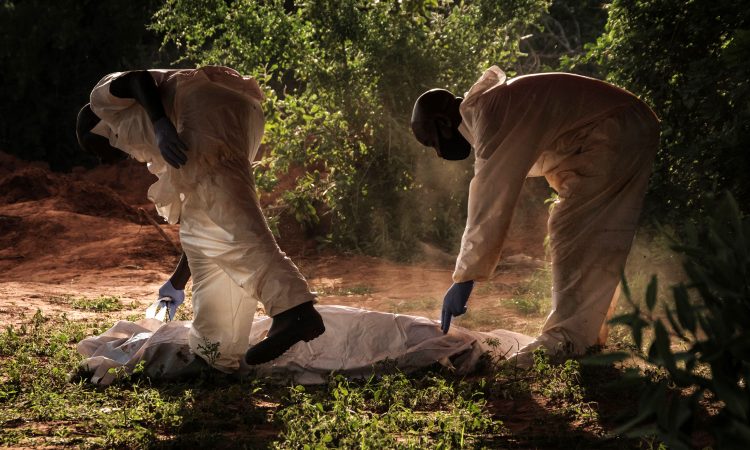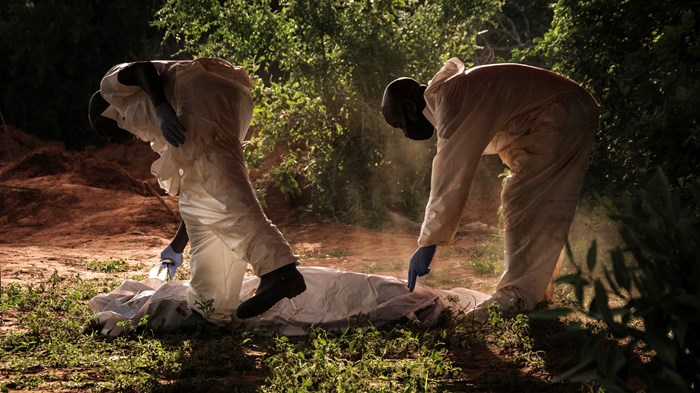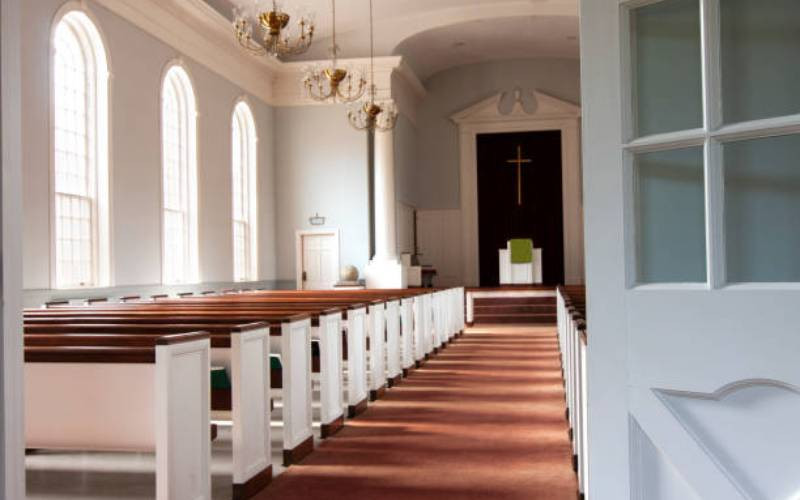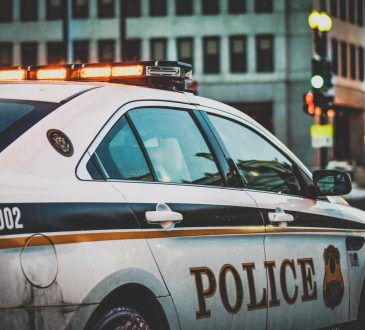Shakahola Tragedy Sparks Controversial Crackdown on Kenyan Churches: Will Religious Liberty Survive?

In the heart of Shakahola forest, where over 400 members of a Christian sect met their gruesome demise, Kenya now faces a harrowing question: How can the nation balance religious freedom with the urgent need to prevent future atrocities? The mass starvation orchestrated by Paul Mackenzie, leader of the Good News International Church, has left an indelible scar on the country, forcing the government to rethink its approach to regulating religious practices. The Kenyan task force’s recent proposal for sweeping new policies aims to strike a delicate balance between protecting religious liberty and safeguarding human rights—a balance that may be more difficult to achieve than anticipated.

Mackenzie’s promise of heaven for those who starved to death underlines the dark potential of unchecked religious leadership. Now, the 14-member task force, commissioned by President William Ruto in May 2023, seeks to ensure that such tragedies never happen again. Their recommendations, if passed into law, would revolutionize the religious landscape in Kenya, requiring all churches to affiliate with recognized religious bodies and introducing a host of new regulations that have left many in the religious community both shocked and divided.
Among the most controversial proposals is the mandate that churches must affiliate with established denominations like the National Council of Churches of Kenya (NCCK) or the Evangelical Alliance of Kenya (EAK) before they can be legally registered. This move is seen as a drastic shift from the current system, where churches simply register with the Registrar of Societies without needing to align with any umbrella organizations. EAK’s secretary general, Kepha Nyandega, has reversed his earlier stance against such regulation, now arguing that it would promote self-regulation within the religious community. But his change of heart has raised eyebrows, especially given the EAK’s 2016 opposition to similar measures, which they then argued would stifle evangelism and church growth.

The task force’s report doesn’t stop at affiliation mandates. It also calls for minimum theological training for clergy, stricter government oversight of religious broadcasts, and the enforcement of building codes, sanitation, and noise pollution standards. In a move that has alarmed many, the report proposes that new religious organizations seeking government registration undergo vetting by National Intelligence Services (NIS) and county security intelligence committees—a clear indication of the government’s intention to clamp down on extremist or cult-like groups.
Yet, despite the good intentions behind these recommendations, fears of government overreach are spreading like wildfire. Critics argue that these new regulations could pave the way for corruption, with government officials potentially exploiting their power to demand bribes from churches unable to meet the stringent new criteria. As Tony Kiamah of River of God Church in Nairobi pointedly asks, “Are we going to allow the government to regulate churches when the government cannot regulate itself?”

Kiamah’s skepticism is shared by many in the religious community who worry that the proposed regulations could infringe on religious freedoms and open the door to further government interference. The Gikuyu, Embu, Meru, and Akamba (GEMA) Unity Forum, representing Pentecostal groups in central Kenya, has already voiced its concern that the regulations would effectively “gag” the church. Meanwhile, others, like Joseph Mutungi, bishop of the Anglican Church of Kenya, Machakos diocese, warn that while government oversight is necessary to prevent abuses like those seen in Shakahola, the state lacks the spiritual authority to determine religious matters.
The timing of this report’s release has also added fuel to the fire. It comes on the heels of widespread protests by Kenya’s Gen Z, who, disillusioned with the government’s close ties to the church, have vowed to hold religious leaders accountable. As Nyandega notes, “The Gen Zs said they will come for the church after they are done with the government,” leaving pastors with little incentive to oppose the proposed regulations publicly.
The bill, which would establish a Religious Affairs Commission led by a Registrar of Religious Organizations (RRO), is expected to face heated debate in parliament. Public opinion will play a crucial role in shaping the final law, but the stakes couldn’t be higher. If passed, the bill could give the government unprecedented power to investigate, deregister, and even imprison church leaders who are deemed to be promoting extremist or cultic beliefs.
The shocking events in Shakahola have undoubtedly exposed the need for greater oversight in Kenya’s religious sector. But as the nation grapples with the best way to prevent another tragedy, the question remains: Can Kenya safeguard its citizens without sacrificing the very religious freedoms it seeks to protect? The answer could determine the future of faith in a country where religion has long been both a source of hope and a potential source of harm.
News report culled from: https://christianitytoday.com/news/2024/august/kenya-shakahola-regulations-church-religious-taskforce.html




